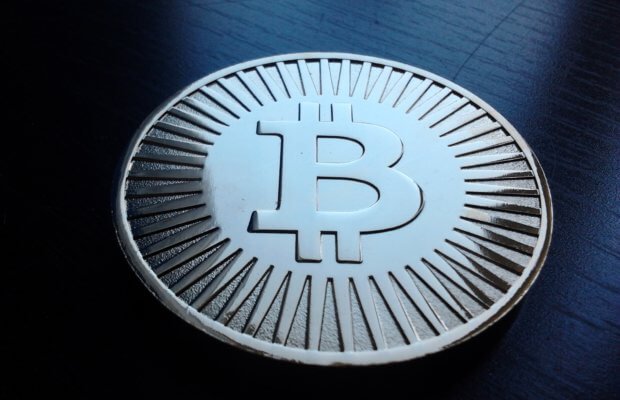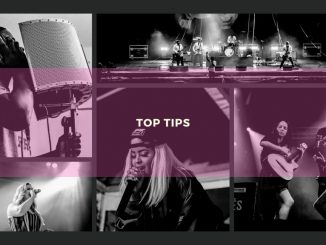
I’m assuming you’ve heard of Bitcoin by now. For those who haven’t heard, here’s a quick primer. Bitcoin is one of many cryptocurrencies; others like Ether, Litecoin, and DASH, are the most well-known of over 1100 actively traded coins on exchanges like Coinbase and Bittrex. What are they? Basically put, they are digital currency that is “mined” by computers working out algorithms on a peer-to-peer system of exchanges, and those “bits” are parts of what’s turned into “blocks” when transactions are created and validated. These actions by P2P computers – not banks – create a ledger of transactions called the blockchain that cannot be tracked or traced like normally currency, but creates value by scarcity and volume of mining and trading.
Still with me?
You use a digital wallet (address) where you store and trade these coins to use for purchasing different currencies, goods and services; or for selling (cashing out) for traditional currency, like a dollar or Euro. Your wallet can be connected to your bank account or your PayPal account and used as a pass-through to trade on currency values as they change and are made available.
Did I lose you?
Now, here’s the revolutionary part, each coin or transaction has a value on the blockchain, but it also has the ability to store extra information on the ledger, a written record of the blocks. This means that it can carry metadata. As a longtime reader of this space, I’m sure you remember our articles about the blockchain and music (catch up with our previous piece on Benji Rogers’ Dot Blockchain).
This is all so complicated! Why the hell should you care?
I know it can all be painfully boring to learn; but hey, welcome to being a 21st Century musician, now it’s creeping into your industry. Recently, Björk announced she was selling her album using blockchain startup, Blockpool, allowing payment by Bitcoin; and in return, you’d receive 100 Audiocoins. Snoop Dogg made a joke on Twitter about his next album being available in Bitcoin. Imogen Heap did a release around Ether (similar to Bitcoin) on Ethereum.
But here’s the thing. I can’t find one person in my network who bought Björk’s album with Bitcoin. Snoop never did follow up on his threat. In short, there’s a lot of hype here, but very little fire. However, I have two producer friends who now take Bitcoin for payment, I know of a VC guy who is doing deals for analog guitar pedals with it, and I am personally being headhunted to help music-focused streamers figure out the publishing side. Something’s going on.
So, let me try to simplify this for you, from a music business perspective.
- Separate the idea of buying/selling cryptocurrency from the idea of accepting it as payment.
- Understand that the power behind Bitcoin is the blockchain, and there are music-focused initiatives, decentralized from major label/pub influence, imperative to the independent musician/artist, and you need to get involved with them right now to stay relevant.
- You learned how to play instruments, write polyphonic songs, and perform them in front of people; you can do it, THIS IS NOT TOO HARD FOR YOU TO LEARN.
Here’s the most important thing: this is happening, right now, all over the world. The currency valuation may or may not be a bubble, but the blockchain is absolutely a concept that is here to stay, and there are literally billions of dollars pouring into its development. Some of your fans, your possible investors, are dabbling in Bitcoin. While it’s hard to monitor how many people own, trade, buy, or sell Bitcoins, (it’s anonymous, remember?) there are over 20 million members on the two most popular exchanges in the U.S. alone.
Here is your homework.
- First: Go to Coinbase.com and setup your BTC wallet for free. (I do not get paid for this). This will allow you to accept Bitcoin on your website or social channels. You can then sell it to PayPal for real cash. It is also integrated with Square readers and Cash.me for merch at shows.
- Second: Go to these sites, sign up and do some research: UJOmusic.com, Songcoin.org, Museblockchain.com (Peer music), Bittunes.com. Some of these are revising their blockchain tech, but they will be “open” soon and you want to be involved early.
- Third: Get involved and put one track on Musicoin.org (more on them soon) and Voise.com
- Fourth: Get involved and informed at Open-Music.org and DotBlockchainmusic.com
Let me be clear. I’m not here to give you financial advice as to whether you should invest in Bitcoin (or any other cryptocurrency). However, I am here to tell you start getting involved now.
–Michael St. James is the founder and creative director of St. James Media, specializing in music licensing, publishing, production and artist development.




